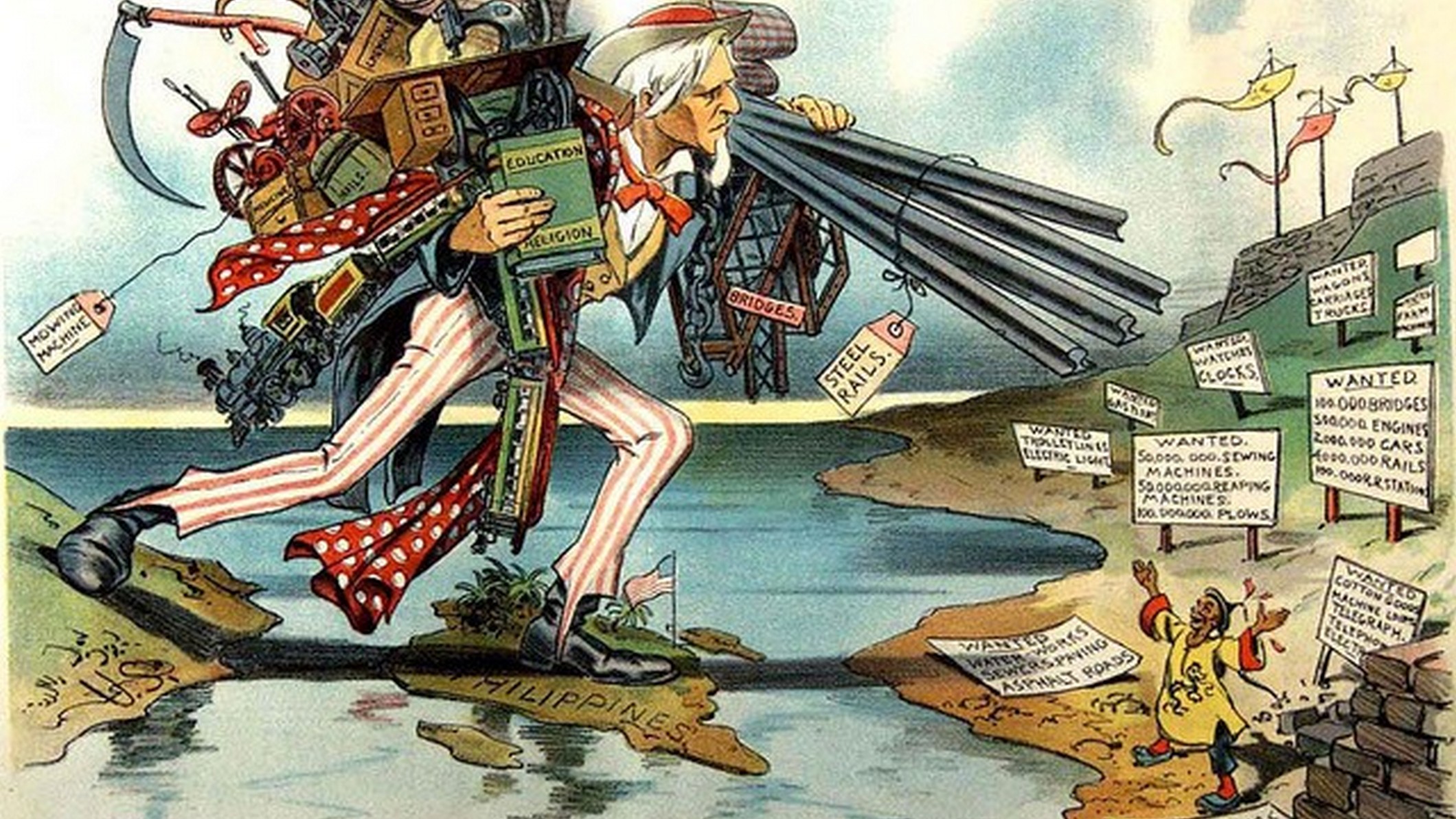
Christopher Capozzola
Professor of History
Massachusetts Institute of Technology

This course is currently archived on edX. Certificate enrollment is closed.
In this course we use visual records as a way of understanding history at the turn of the 20th century. Learners will learn how to navigate visual primary sources and use them to investigate:
The roundtable discussion format of the course will set up a discursive and exploratory style of learning. Learners will be exposed to multiple points of view as the teaching team brings together scholars who have studied the topics from different disciplines. Learners will also learn how to work with visual evidence as primary sources to assemble arguments.
For teachers, the course presents a number of units developed for the MIT Visualizing Cultures (VC) project. The instructors are the authors who created the VC resource, and the course provides a pathway into the VC website content. The VC website is widely taught in both secondary and college courses, and is the primary resource for this course. Educators can selectively pick modules that target needs in their classrooms; the course can be used in a “flipped” classroom where students are assigned modules as homework.
This course invites learners into the process of exploring history through content that looks back at a complex millennial time. Learners will acquire background and skills that will help with:

Professor of History
Massachusetts Institute of Technology

Professor Emeritus
Massachusetts Institute of Technology

Creative Director of Visualizing Cultures
Massachusetts Institute of Technology